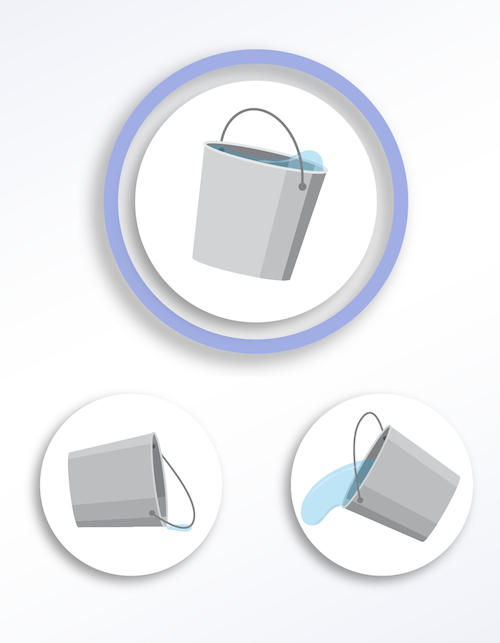Employment and the Youth with Autism Spectrum Disorders
Sensory
"One barrier to employment can be sensory sensitivity problems. You are really in a mess if you cannot tolerate a normal office environment'.
Dr. Temple Grandin, a prominent author and speaker on both autism and animal behavior. Dr. Grandin is also a person with autism.
Video: Carly's Cafe
This video is being reviewed for audio description.
What is Audio Description?
When Audio Description (AD) is enabled, descriptive language narrates what is on the screen. To learn more, visit our accessibility webpage.
Video Player Help
Kaltura Video Hosting: This website uses Kaltura, a video hosting company, to serve video content. If you are having difficulty viewing videos on this site, it may mean that your location (e.g., school district, organization) is blocking or filtering the Kaltura website. Please contact your IT personnel to resolve this issue.
Accessibility: We strive to make this website accessible for all users, including people with disabilities. To learn more visit our accessibility webpage.
Captions / Transcript
After hitting play you can access an interactive transcript for this video by selecting the Show Transcript icon![]() in the top right corner of the video when you select play.
in the top right corner of the video when you select play.
You can turn on captions by selecting the Enable Captions icon![]() in the bottom right corner. Captions can also be turned on by selecting the Settings icon
in the bottom right corner. Captions can also be turned on by selecting the Settings icon![]() , where you can also set your caption preferences.
, where you can also set your caption preferences.
When available, you can use Spanish subtitles for this video by selecting Settings![]() and choosing Spanish in the Captions drop down menu.
and choosing Spanish in the Captions drop down menu.
Experience Sensory sensitivities through Carly's eyes.
Carly's Cafe is gives a realistic simulation of how an individuals with a sensory sensitivity can view the world and how they take in the environment around them. This video can be used as a tool to open the conversation to individuals on spectrum coworkers' or support team to understand a part of what they are feeling in different work environments and why it's crucial that sensory needs are supported.
What is Sensory Processing?
Sensory Processing helps individuals understand the environment and also helps regulate the responses to the environment. Simply, this means that sensory processing allows a person to:
- Take in information from the environment
- Process the information
- Create a Needed Action
This process is done unconsciously and consciously, every day in all aspects of a youth's schedule.
Everyone learns best when senses are activated and there is a meaningful connection to the content being taught as well as the information available. Youth and adults excel when their "sensory bucket' is full. This means they can think, learn, work, interact, and behave more efficiently and adapt more effectively when their sensory systems are not challenged as they work to process information in the environment. This requires the 'just right' access to needed sensory input and experiences as well as the limiting of sensory experiences that are painful and draining.

To achieve this balance, strategies and accommodations may be necessary. (Examples strategies and interventions are offered later in this guideline). When the conditions and supports are right, individuals are prepared for the daily demands and are able to proactively navigate situations that may deplete their "sensory bucket.'